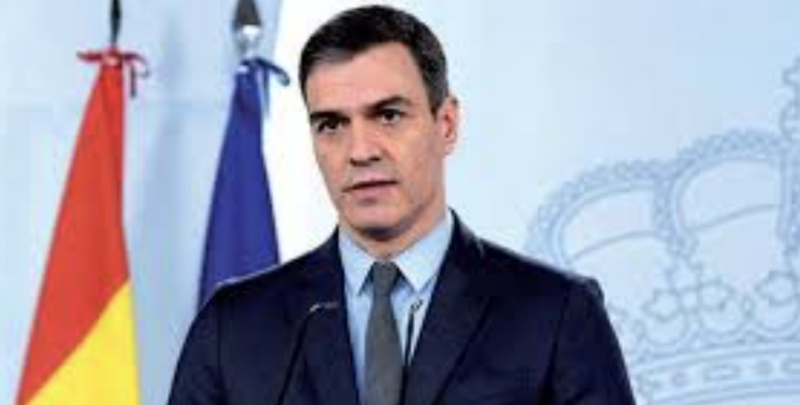On April 17, Spain publicly threw its support behind the European Union’s push to bolster its relationship with Morocco. During a press conference, Spanish Foreign Minister José Manuel Albares emphasized that the partnership with the North African nation has a “privileged status,” noting that deepening these ties would be beneficial for both parties.
Moroccan Foreign Minister Nasser Bourita, standing alongside Albares, shared his country’s positive outlook on the partnership, stating that Spain and Morocco’s relationship is at its “best moment.” He also welcomed European investments, signaling Morocco’s openness to stronger economic cooperation.
The EU and Morocco have been partners since 1996, when they signed an association agreement focused on boosting trade, particularly in agriculture and fisheries. However, the alliance hasn’t been without challenges, particularly concerning the Western Sahara—a resource-rich region that Morocco controls, but where separatist movements seek independence.
This territorial dispute has led to tensions in the relationship. In 2024, the Court of Justice of the European Union ruled that agreements allowing Morocco to export goods from the Western Sahara violated self-determination principles. Despite this, Spain has remained supportive of Morocco’s efforts, endorsing its 2022 plan for granting autonomy to the region. Now, Spain is urging the EU to take a diplomatic route to address the ongoing issue.
As the EU continues to navigate its relationship with Morocco, Spain’s stance highlights the complexities of balancing strategic alliances with international law.




